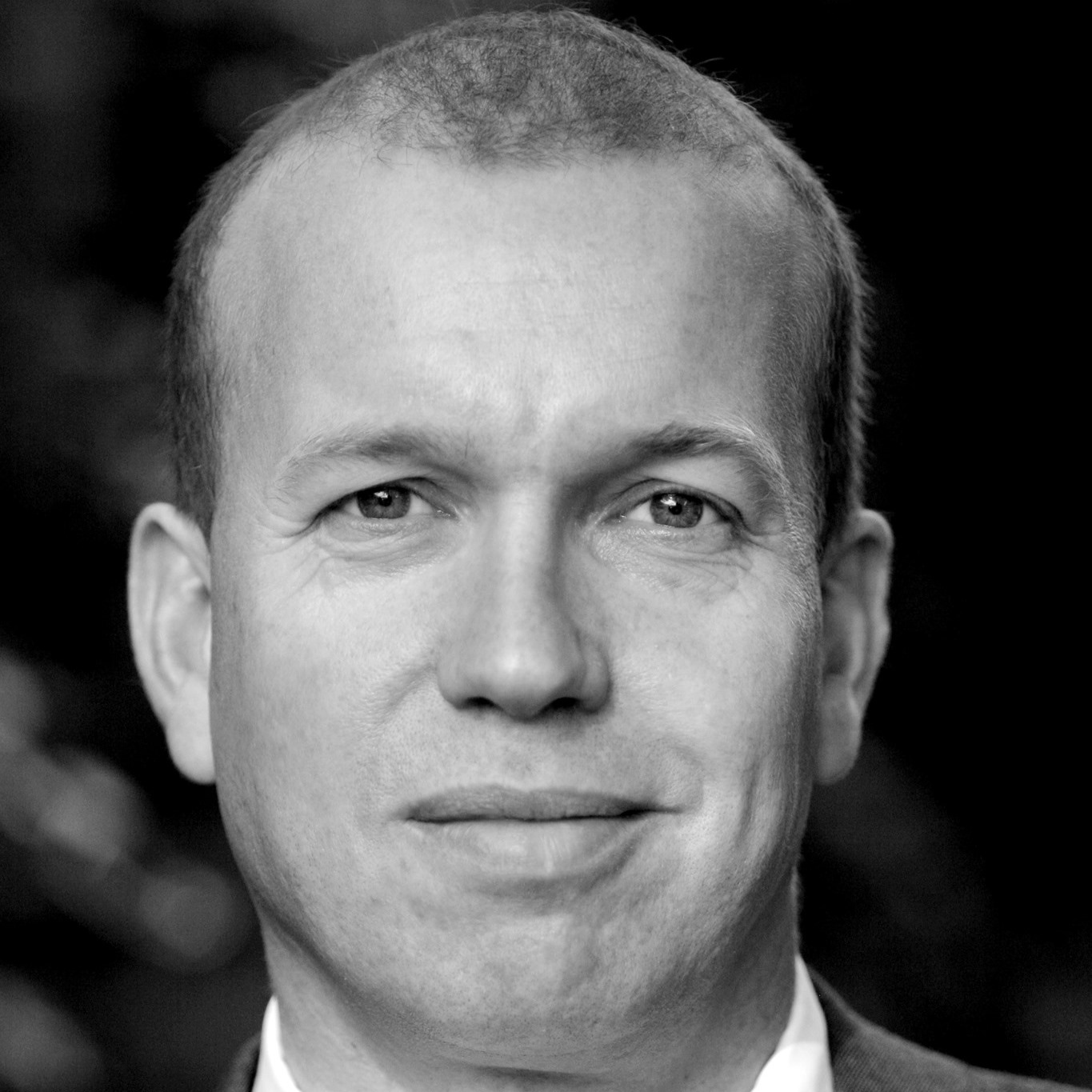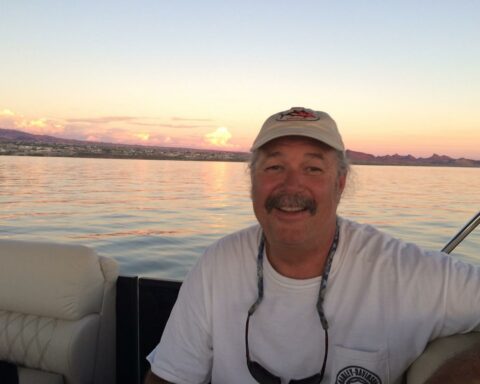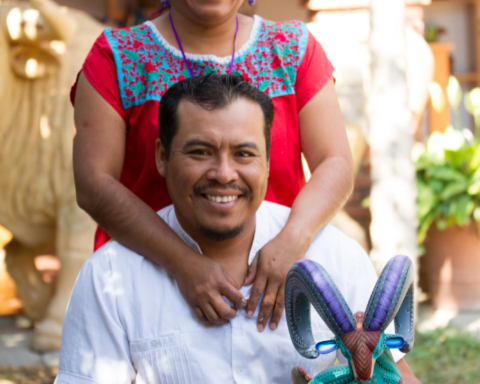Business Name and what it does
The Brookville Capital Intelligence Report is a weekly report that researches companies in the commodity sector and tells people what I like and where I’m investing.
It’s been a long journey.
After completing my MBA at Birmingham University in 1993, I joined the Corporate Finance team at Singer & Friedlander, working on small and mid-cap mergers and acquisitions. In 1997 I joined the Senior Banker team at ABN AMRO before moving into their Corporate Finance department in 1999, where I specialised in private equity.
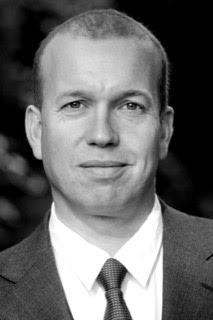
I then became Head of Investment Management at Strutt & Parker’s Real Estate Financial Services before becoming a Director of Topland, one of Europe’s largest private investment companies. In 2008, I set up Brookville Capital, initially this was a capital-raising business, but after several successful investments in commodities – I decided to focus on these.
Following these successful investments, I started a newsletter with Moneyweek called Metals & Miners and when they were acquired, I set up Gold Speculator with Jim Rickards. During this time I’ve spoken at Moneyweek and Mines & Money conferences as well as done numerous interviews with IG Index.
I still help Junior Mining companies who are seeking capital, so I’m heavily involved with the commodity sector on a daily basis – enabling me to work with many exciting companies that are not well known to the investment community.
What motivated me to set up my own business?
It’s great to work for successful people, but I had a nagging voice in my head that told me to do “my own thing”.
It was difficult. I gave up a six figure salary, but I wanted a lot of things which were not about money.
Such as independence and freedom….especially to travel.
I actually enjoyed the work I was about to embark on…so did
not want to retire when I was told…..I wanted it to be my decision.
I also saw a huge gap in the market for what I was about to do. This gave me the confidence that plenty of people would want my help and I should be able to make a good living.
The challenges the business/market is facing
You want a business to do two things:
1) Make you happier (life’s short….this is super important)
2) Serves the needs of the future. There must be demand for your product or service. And to get your business off the ground… there has to be demand today.
They’re both challenging. There will be times when you (and those around you)…think it’s not worth it. There’s a lot of temptation to throw in the towel. But if you really believe in what you’re doing…..nothing will stop you.
That’s why it’s so important you think about things from other people’s perspective. What do they want? It’s common trap for people to set up a business to serve their own needs….but they’re kind of missing the point.
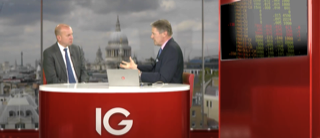
It’s very easy to set something up that suits you…..but that’s not going to make you any money. Ideally you want to find a solution to a problem.
For me, there did not seem anyone helping “newby” commodity investors. An area I was convinced offered some decent growth. There was loads of help and advice for those wanting to get into other sectors…such as property. But what about commodities?
I was convinced that a lot of people would want help….and I could not really find any organisation that was really doing this.
But when I started….it was all about property.
Fortunately, there were enough people with a similar vision, so they bought my newsletters with Moneyweek and Agora.
I knew there was demand. I just had to be patient.
A word of caution
When you set up your “own show”. You want to sell what you’re good at. But there are a lot of components that will be new to you.
For example, as a writer, insurance and tech skills were not familiar. When I worked for a big corporation, I would refer people to the relevant department. But when you set up on your own. That department is YOU!
Again, this is a really important thing to take on board. Often, you’re just good at one thing….but you need to be aware of ALL of them…..and hire the right people if you can’t do it yourself. Perhaps you’ve got a business partner who covers these. But you need to have a really honest conversation with them about where the weak links are.
A chain is only as strong as its weakest link.
This makes things really difficult. How can you check something you can’t do yourself? There’s a lot of trust involved.
Be strong
You need to be ahead of the game. Setting up is the most difficult thing….because you’ve seen something others haven’t. They wonder what you’re doing. It doesn’t make sense to them. But it has to resonate with some people…otherwise you don’t have a business. You want to make sales right from the start.
The opportunities the business/market is facing
Commodities are important – they used in all aspects of our lives.
I think they’re also a major source of inflation
Inflation is a problem…but you can make it into an opportunity – lean into it. Invest in the problem….if you get what I mean.
Whilst there’s no perfect hedge for inflation, I think a well diversified portfolio of commodities can help.
Advice to others about business
I think there are really three things you should start off with.
- Pick an area you know a lot about – you need to know what you’re talking about.
- Pick an area that’s got a great future
- Pick something that fits your lifestyle
I think the first two are self-explanatory. But the third one isn’t.
Often a business is best located in a certain area for a reason. If you are selling physical stuff….it often makes sense to be near either the raw materials (if they’re expensive to transport) or your end user. If you don’t see your future in either of those two places….you may want to think again.
If you’re offering a service….you ideally want to be somewhere you can serve your clients better than the competition. This may mean you physically need to be somewhere, or perhaps have some technology that others don’t. Again, if you physically need to be somewhere….is it a place you’ll be happy in.
If you don’t then does the technology make sense for you? For example, perhaps it only works where there’s really good internet connection. Fine if you’re planning to be somewhere that’s not a problem. But if you’re going to travel……things may not pan out as you hoped.
The bottom line is you need to plan. The more time you spend doing this, the less chances that something surprises you. This is particularly true with costs. Make sure you’ve got these covered and have a bit of a buffer in case things don’t work out as planned.
Simon Popple is the author of The Brookville Capital Intelligence Report. Please take a look at www.brookvillecapital.com if you are interested in commodities.
- Bell Peppers 101: Nutrition Facts and Health Benefits - April 19, 2024
- Products That Assist with Stress Relief - September 21, 2023
- TRÈFLE – THE ROAD TO THE 15TH - July 29, 2023

